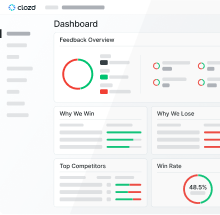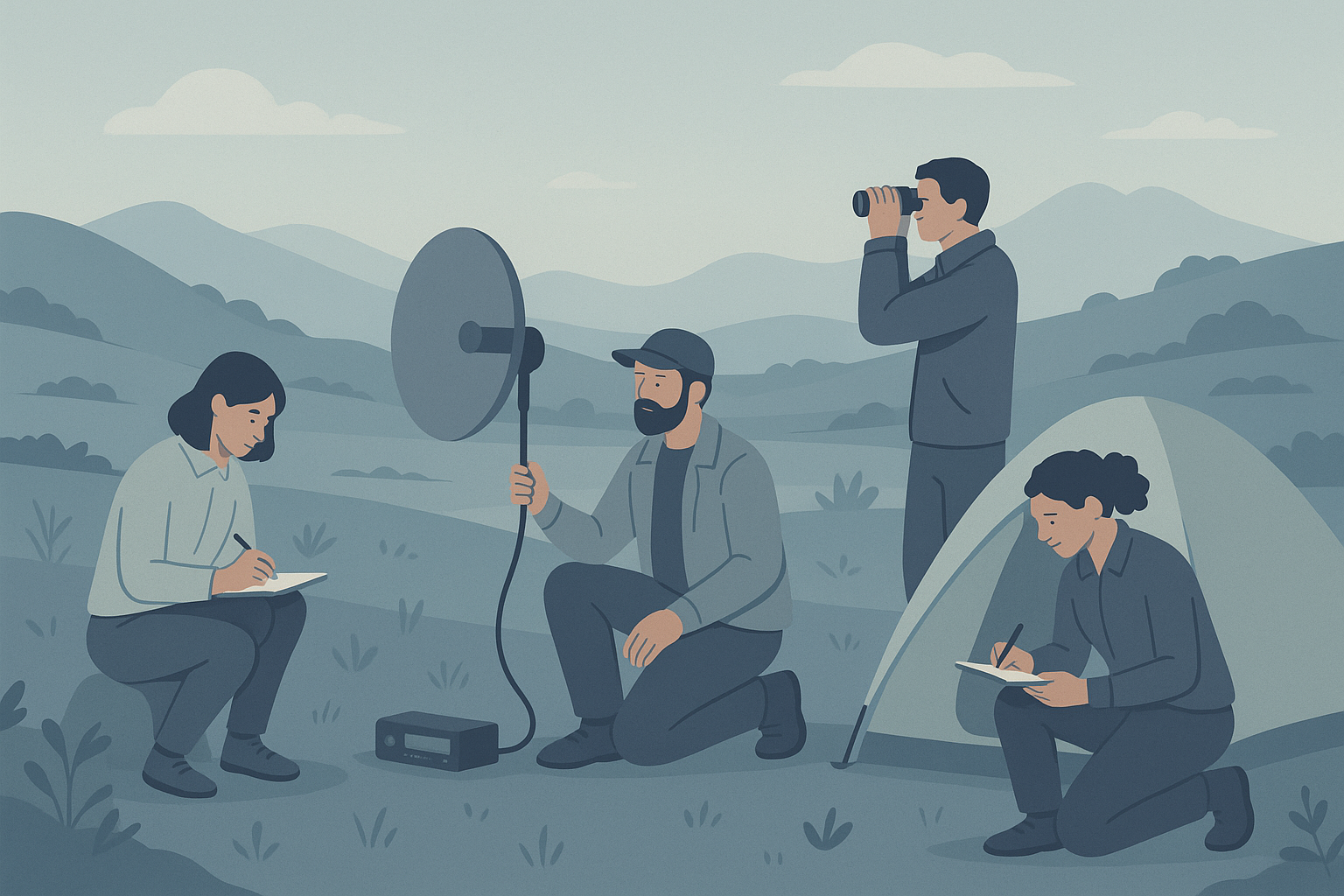
Several years ago, a top-performing rep at one of tech’s so called “unicorns” (a private tech startup with a billion dollar valuation) stumbled on a massive sales opportunity. The average deal size for the company was under ten thousand dollars. The scope and complexity of this particular opportunity justified a price tag of nearly a million dollars. Not only would it be a career-defining success for the sales rep, but it could be game-changing for the company. More importantly, it appeared they could meet the technical requirements as well as anyone. So, with the help of a cross-functional team, the rep pulled together what he thought was a well-crafted and competitive proposal.
Needless to say, they lost the deal. It wasn’t even close.
So what did the company do next? I bet you can guess. They held a meeting. The CEO pulled the proposal team together demanding an answer to the question, “why did we lose?” And, do you think the members of that team had answers? Of course they did. No one wants to sound clueless in front of their CEO. So every member of the team took turns sharing their best guesses as to why they lost, asserting them as fact. The blame-game answers ranged from, “the engineering team’s responses were not detailed enough,” to “our client references were poor.”
Meetings like this are typical in businesses of all shapes and sizes; but, what happened next was unusual. A member of the proposal team decided to contact the decision-maker at the lost account. In a brief call, the decision-maker gave a gracious and concise explanation for their decision: “Your price tag was too low. We ruled you out almost immediately. We thought there was no way you could have delivered the project successfully at that price - especially compared to what other vendors were quoting us.”
The actual reason for their decision is interesting, but it’s not the point. The point is that every reason that the proposal team gave for losing the deal was wrong. No one in the entire company knew the real reason why they lost the deal.
And this isn't an isolated circumstance. Research has repeatedly shown that sales reps are wrong, more often than not, about why they win or lose sales opportunities. And that's why a systematic and ongoing win-loss interview program - involving direct interviews with the buyers at won and lost accounts - is the only sure-fire way to truly understand your wins and losses. Whether you're a new sales hire or the CEO, there's obvious value in understanding the truth about your company's wins and losses. So, if you haven't been interviewing decision-makers at won and lost accounts, we can help. Contact the Clozd team for details on our innovative approach to win-loss interviews and analysis.











.svg)




.png)





.svg)

.svg)




